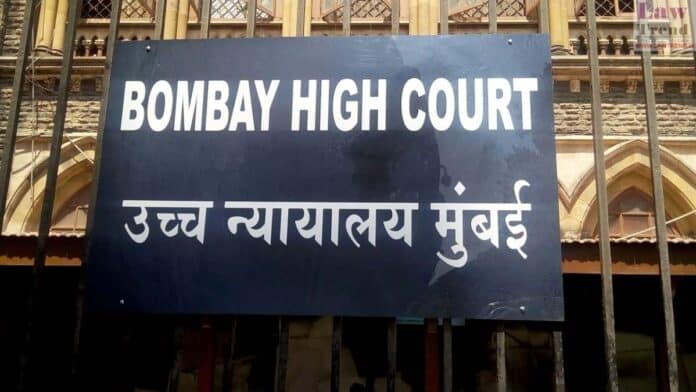Relaxation of development rules cannot be permitted if it adversely affects public safety, the Bombay High Court has said while ordering the removal of seven mechanised cantilever car parking spaces (stack parking) constructed in a residential building here.
A division bench of Justices Gautam Patel and Kamal Khata noted that the stack parking system in the premises of the housing society in Borivali completely undermined the fire safety and public safety not only of members of the society but also of children, senior citizens, and perhaps even passersby.
The order dated January 18 was made available on Tuesday.
The bench noted that no fire tender or ambulance can go past the stack parking in case of emergencies in the society.
The court passed the order in a petition filed by Rahul Jain, an ophthalmologist, challenging the decision to set up seven mechanised cantilever (stack) car parking spaces at his housing society in the western suburb of Borivali, as it was blocking the entrance to his premises and posed a safety hazard.
As per the plea, the stack parking system in the society premises was required as the developer had amended plans to put up two additional floors in the building.
The developer later obtained approvals from the Municipal Corporation of Greater Mumbai (MCGM) and the fire department to construct seven stack parking spaces.
The court, in its order, expressed displeasure with the suggestion made by the chief fire officer of the civic body’s fire brigade department that if there was a fire in the building no fire engine would be required, as the structure had less than 13 floors.
“We dare say that this statement of the fire officer if communicated to anybody in the government, especially those who are about to seek votes in the next elections, would result in a very considerable perturbation,” the court said.
“There is no principle in statute let alone in equity that those who live in expensive highrises have greater safety priority than those who do not. The sooner the MCGM’s CFO (chief fire officer) understands it the better,” it said.
The bench also questioned the relaxation of fire safety norms in the present Development Control and Promotion Regulations (DCPR), which include a reduction in the number of stairwells in taller buildings, a reduction of the minimum width of stairwells and that only one fire lane on either side of the building is required, and it noted that all these are continuously debated and are inexplicable.
The order noted that the DCPR allows the civic body commissioner to grant special permission for modifications in specific cases, where a demonstrable hardship is caused.
However, the relaxation should not “affect the health, safety, fire safety, structural safety and public safety of the inhabitants of the building and the neighbourhood”, the court said.
“If it is demonstrated that the relaxation adversely affects safety, fire safety and public safety then no such permission can be granted or if granted is liable to be immediately revoked,” it said.
In the present case, the court said the stack parking system constructed in the society premises has completely undermined the safety, fire safety and public safety not only of the members of the society but children, older people, and perhaps even passersby.
The bench held the construction of stack parking as illegal and directed for it to be removed forthwith.
“The MCGM will send a notice to the owner of the society to remove the illegally installed seven mechanised cantilevered car parking spaces,” the court directed.




